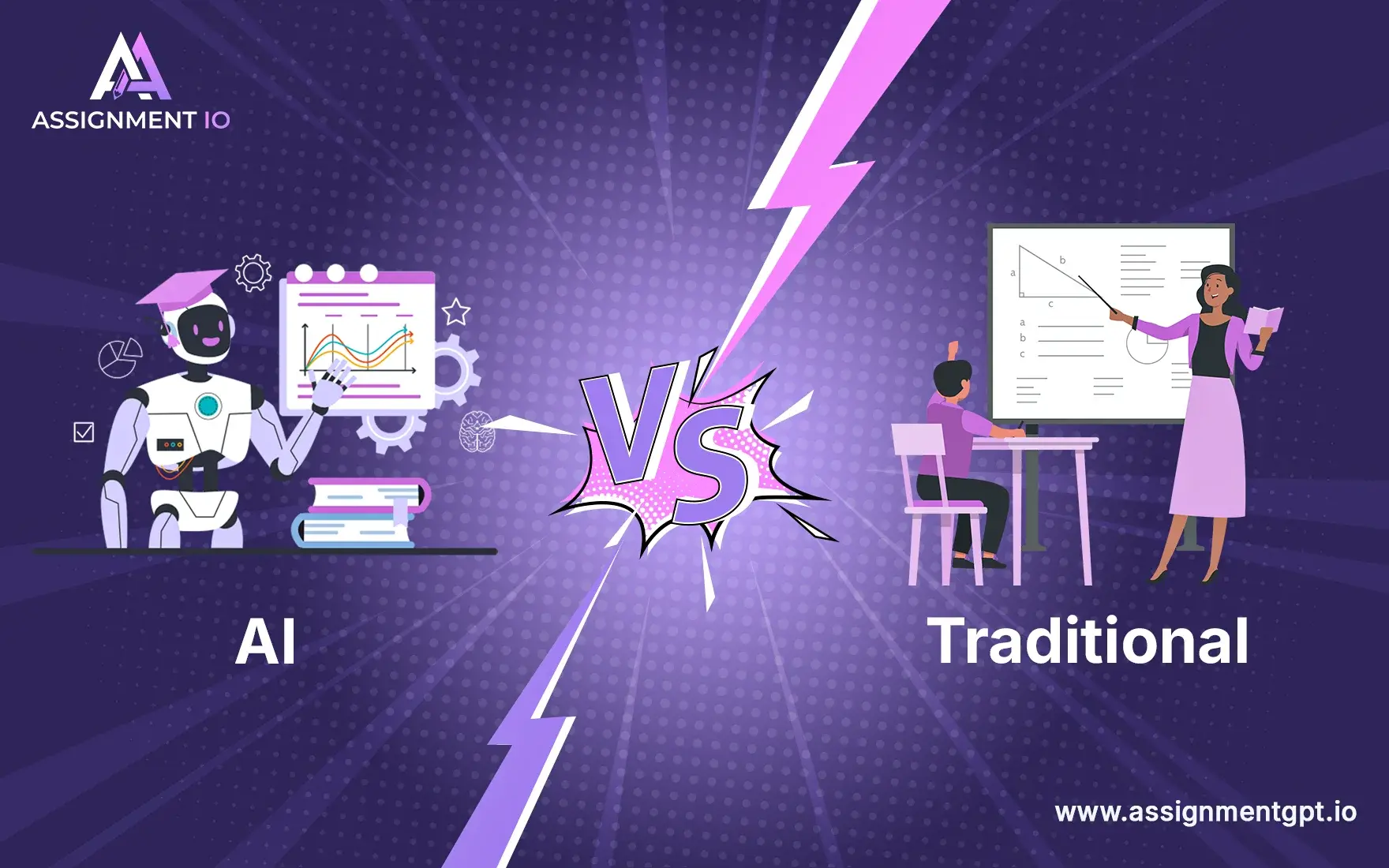AI vs. Traditional Tutoring: Which Is Right for Your Learning Style?

Vikas Kukadiya
As we navigate an increasingly changing educational landscape, students and parents must distinguish between AI-based tutoring and traditional human tutoring models, both of which have their own benefits. In order to understand which model can be the better fit for your learning style can be the difference between struggling in school or succeeding.
Understanding AI Tutoring: The Future of Personalized Learning
The advancements in AI tutoring have changed the way students can access learning opportunities and academic support. Intelligent systems, such as AI and cognitive tutoring, are configured using machine learning algorithms that encode individual learning patterns to provide personalized instructions at any time of day or night. Popular AI tutoring systems such as Khan Academy's AI assistant, Socratic by Google, and Diverse adaptive learning software have made the best learning opportunities available to students more equitable than ever.
Key Benefits of AI Tutoring
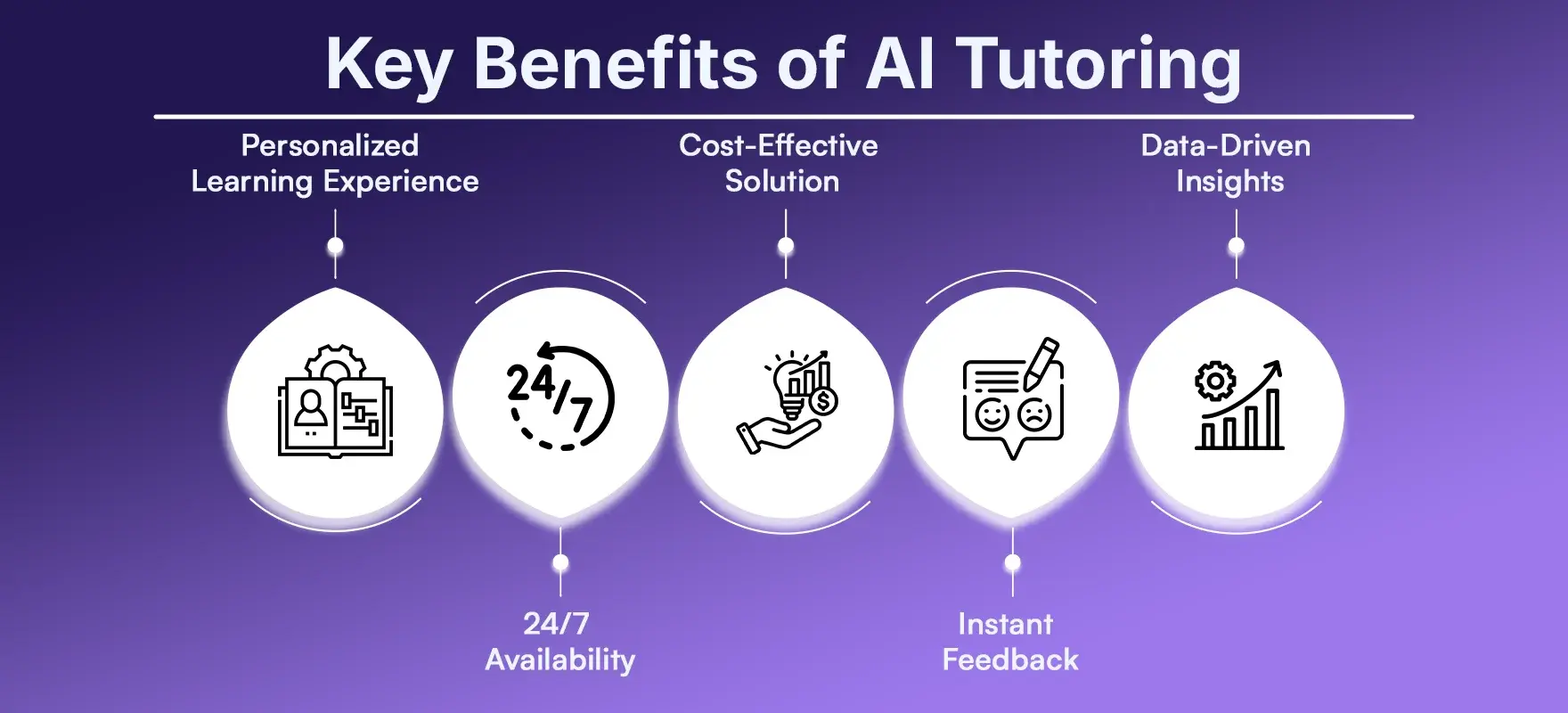
1. Personalized Learning Experience
AI tutors are able to examine your learning routines and patterns, see where you do not have knowledge, and modify the difficulty of what you see and hear in real-time. That is, the technology identifies, in adaptive learning fashion, just the right level of challenge for you to continue learning.
2. 24/7 Availability
AI systems, unlike your human tutor, will always be available. You could be studying at midnight on a Wednesday or need assistance over the weekend, and your digital tutor will be waiting to help you.
3. Cost-Effective Solution
AI tutoring usually costs a lot less than a private tutor, which opens up quality education to more students and families.
4. Instant Feedback
AI systems can answer questions and solve problems instantly, allow for rapid correction of mistakes, and keep learning velocity going.
5. Data-Driven Insights
AI systems can answer questions and solve problems instantly, allow for rapid correction of mistakes, and keep learning velocity going.
Traditional Tutoring: The Human Touch in Education
Traditional tutoring often involves direct one-on-one or small group instruction from experienced human educators. This will be the most familiar style of instruction that all of us grew up with and the type of tutoring that has helped millions of students achieve their academic goals through personalized instruction and human connection.
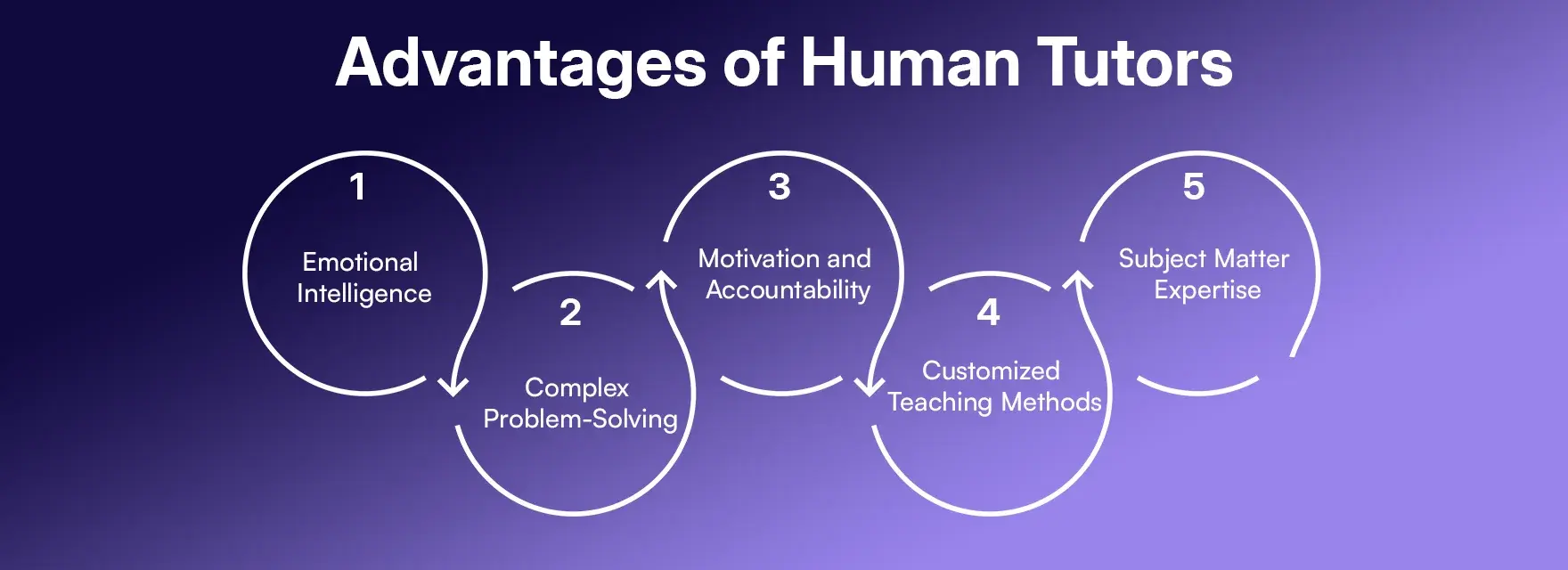
- Emotional Intelligence
Human tutors are able to identify problems like frustration, confusion, or anxiety based upon body language and vocal inflection, and change their teaching accordingly.
- Complex Problem-Solving
Experienced tutors specialize in breaking down complex ideas into manageable chunks and explaining abstract ideas in different ways for students until they understand.
- Motivation and Accountability
Personal relationships with tutors can often provide greater motivation and accountability than online systems.
- Customized Teaching Methods
Human tutors can adjust their strategies to fit student needs and learning preferences in real time.
- Subject Matter Expertise
Many tutors are subject specialists with extensive expertise in specific subject areas, including insights well beyond what the standard curriculum presents.
Also read this article : AI vs Human Tutors
Matching Tutoring Methods to Learning Styles
- Visual Learners
AI tutoring usually wins out here with interactive diagrams, videos, and diagrams of complex concepts. Traditional tutors who use visual tools can also be equally effective.
- Auditory Learners
Traditional tutoring is generally better, as auditory learners still rely on human actions and verbal explanations. While some AI platforms allow for voice interaction, this is still problematic for auditory learners.
- Kinesthetic Learners
Conventional tutoring generally delivers more real-world experiences and real-life demonstrations. AI tutoring is making strides with virtual reality and interactive simulations, but is still behind in delivering the same hands-on experience as human instruction.
- Reading/Writing Learners
Both ways have their advantages, but AI tutors frequently perform better in text-rich learning, interactive writing tasks, and providing instantaneous written feedback.
Cost Comparison: AI vs Traditional Tutoring
AI Tutoring Costs:
- Monthly subscriptions: $10-$50
- Annual plans: $100-$500
- Often includes multiple sub
Traditional Tutoring Costs:
- Hourly rates: $30-$100+ depending on subject and tutor expertise
- Monthly costs: $480-$1,600 (based on 4 sessions per month)
- Additional costs for specialized subjects
Technology Integration and Accessibility
Modern education is increasingly dependent on educational technology. AI tutoring platforms and online tutoring can easily integrate with learning management systems and provide full academic support. In addition, traditional tutors are adapting to modern education, using online tutoring platforms or digital tools to engage with their learners and enhance their instruction.
Accessibility considerations support AI tutoring for students with physical limitations or in remote areas. Traditional tutors can also provide personalized help for students with learning disabilities that may not be able to be accomplished with AI tutoring.
Academic Performance and Learning Outcomes
AI tutoring is particularly effective for:
- Practice and repetition on a consistent basis
- Error correction at the point of error
- Standardized test prep
- Building basic skills
Traditional tutoring shows superior results in:
- Complex reasoning
- Creative problem-solving
- Mastery of advanced subject matter
- Providing emotional support during tough times
Making the Right Choice for Your Learning Journey
Consider these factors when choosing between AI and traditional tutoring:
Choose AI Tutoring If:
- You prefer self-paced learning
- Budget is a primary concern
- You need flexible scheduling
- You're comfortable with technology
- You're working on foundational skills
Choose Traditional Tutoring If:
- You learn best through human interaction
- You need help with complex, advanced topics
- You require emotional support and motivation
- You have specific learning challenges
- The budget allows for higher investment
Hybrid Approach: The Best of Both Worlds
Many successful students use both types of tutoring. They use AI tutoring for regular practice and skill building, while they use human tutoring to work through complex problems and prepare for exams. This blended use of AI and human tutoring is effective because it combines the best of both types of tutoring.
Future of Tutoring: What's Next?
The tutoring industry continues evolving with advances in artificial intelligence, virtual reality, and adaptive learning technologies.
We can expect:
- More sophisticated AI that better mimics human interaction
- Virtual reality tutoring experiences
- Enhanced personalization through big data analytics
- Improved accessibility for students with diverse needs
Conclusion
Choosing between AI tutoring and traditional tutoring is not a decision of one being better overall than another, but rather which method is most appropriate for you based on your learning style, goals, and unique situation. AI tutoring offers convenience, cost, and consistency, while traditional tutoring offers personal connection, emotional support, and complex problem-solving ability.
When considering this decision, consider your learning preferences, budget, academic goals, and scheduling needs. Remember, the "best" method of tutoring is the one that you will use and engage with during the course of your learning.
Regardless of if you do AI tutoring, traditional tutoring, or a hybrid of the two, the important thing is finding a means of learning to ensure that you keep a motivation to learn, are challenged, and continue to progress to meet your educational needs. The future of education is bright, and there are many more options to support your learning success.
FAQs
1. What is the main difference between AI tutoring and traditional tutoring?
The primary consideration would be the difference in delivery mode: AI tutoring uses artificial intelligence algorithms to personalize (but automate) instruction, which may be available 24/7, while traditional tutoring uses human educators, who can provide instruction face-to-face or time-based (live) online, and leverage both emotional intelligence and problem-solving in their service.
2. How much does AI tutoring cost compared to traditional tutoring?
AI tutoring is far cheaper, usually $10-$50 per month for several subjects combined. Traditional tutoring costs $30-$100+ per hour, which could add up to $480 - $1600 a month for regular sessions; depending on the number or to the price, and subjectivity is cost effective, AI tutoring can be 90% less expensive.
3. Which tutoring method is better for students with learning disabilities?
Traditional tutoring is often more effective for students with learning disabilities because humans are able to change how they teach on the spot, offer emotional support, and understand the nuances of the student's accommodations. However, there are some AI platforms that are developing unique features for certain types of learning challenges.
4. Can AI tutoring replace human tutors completely?
Though AI tutoring offers many advantages, such as personalized practice, real-time feedback, and continuity of accessibility, it is not an effective replacement for the emotional intelligence, sophisticated reasoning, and adaptive instructional strategies that human tutors provide. Typically, the best approach is to use both.
5. What subjects work best with AI tutoring?
AI tutoring is very effective for math, basic sciences, language learning, standardized test preparation, and any subject matter that calls for repetitive practice. In addition, traditional tutoring is usually better for creative writing, advanced literary analysis, complicated problem-solving, and stuff requiring sophistication in discussion.
Latest Blog's
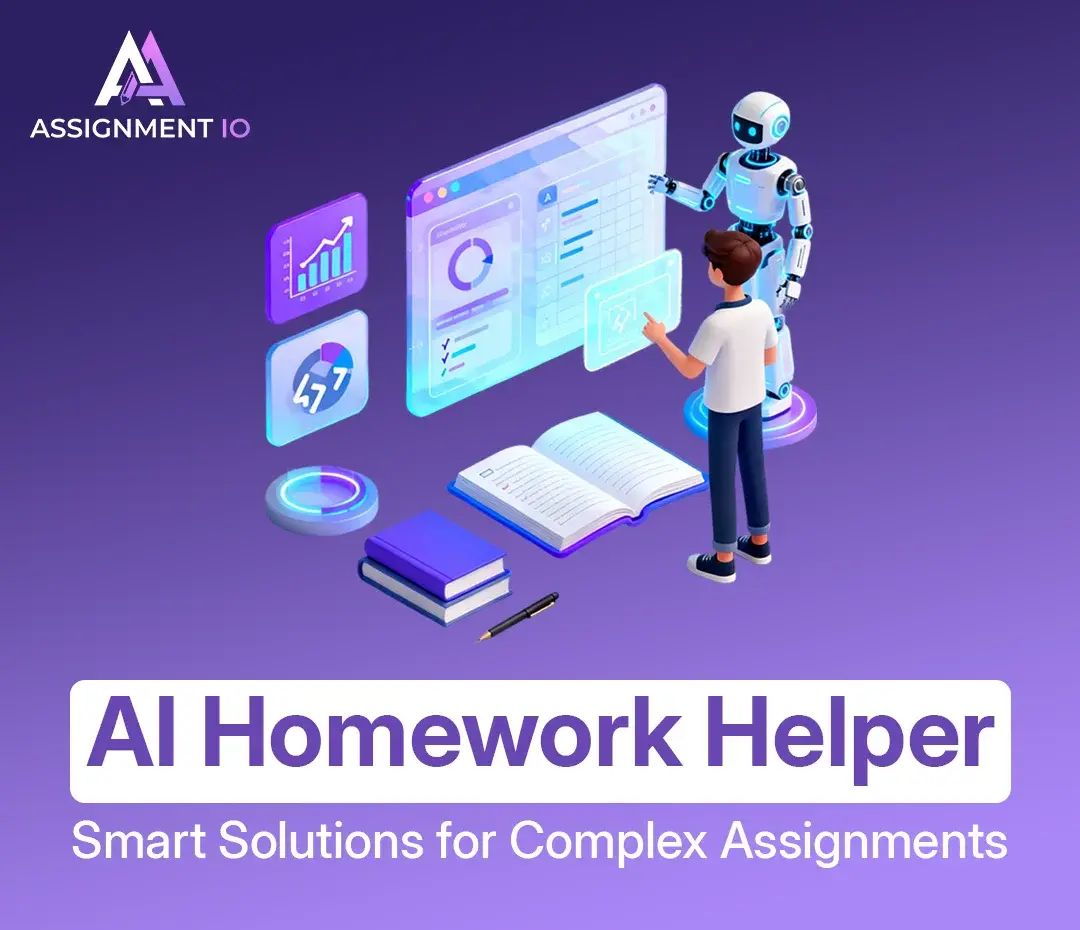
AI Homework Helpers offer fast solutions, personalized learning, and round-the-clock study support for students in every subject.

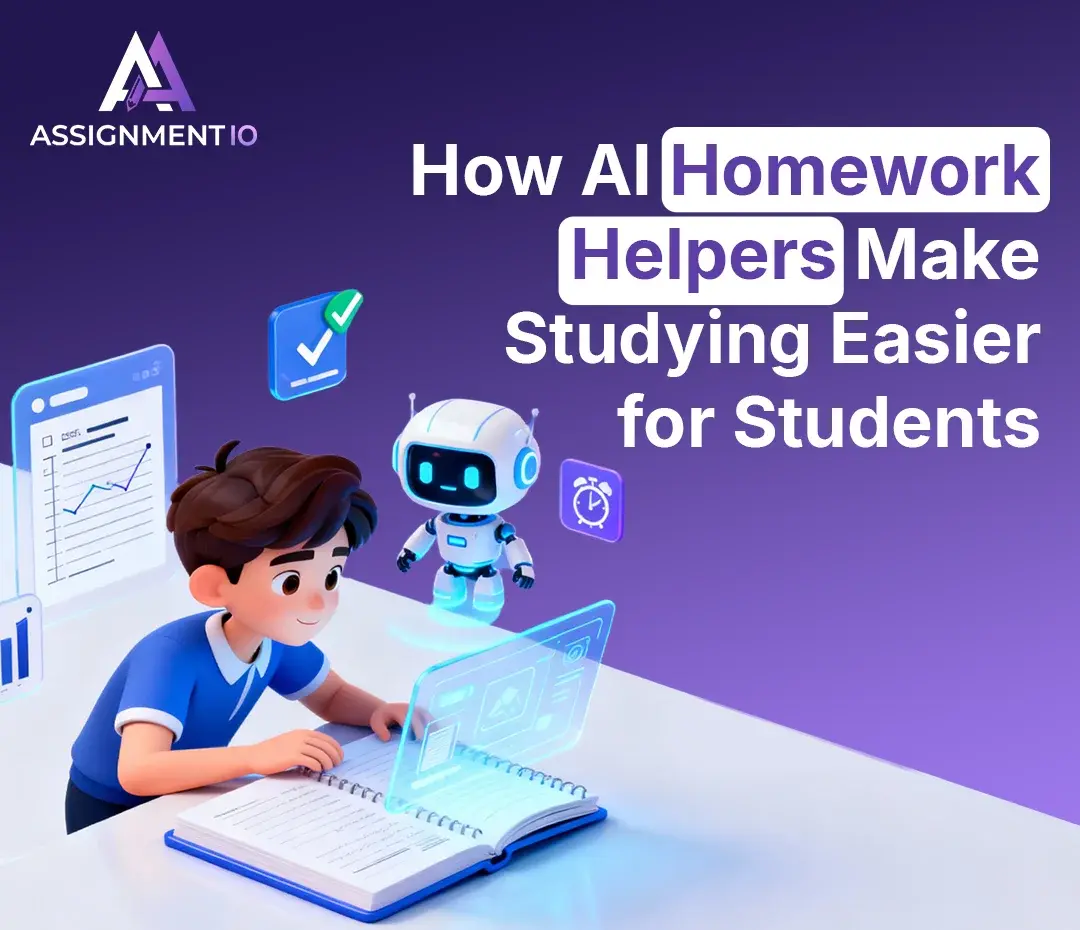
Master exams with superior scores and less study time. Step-by-step tips using ChatGPT, Khanmigo, and Quizlet.

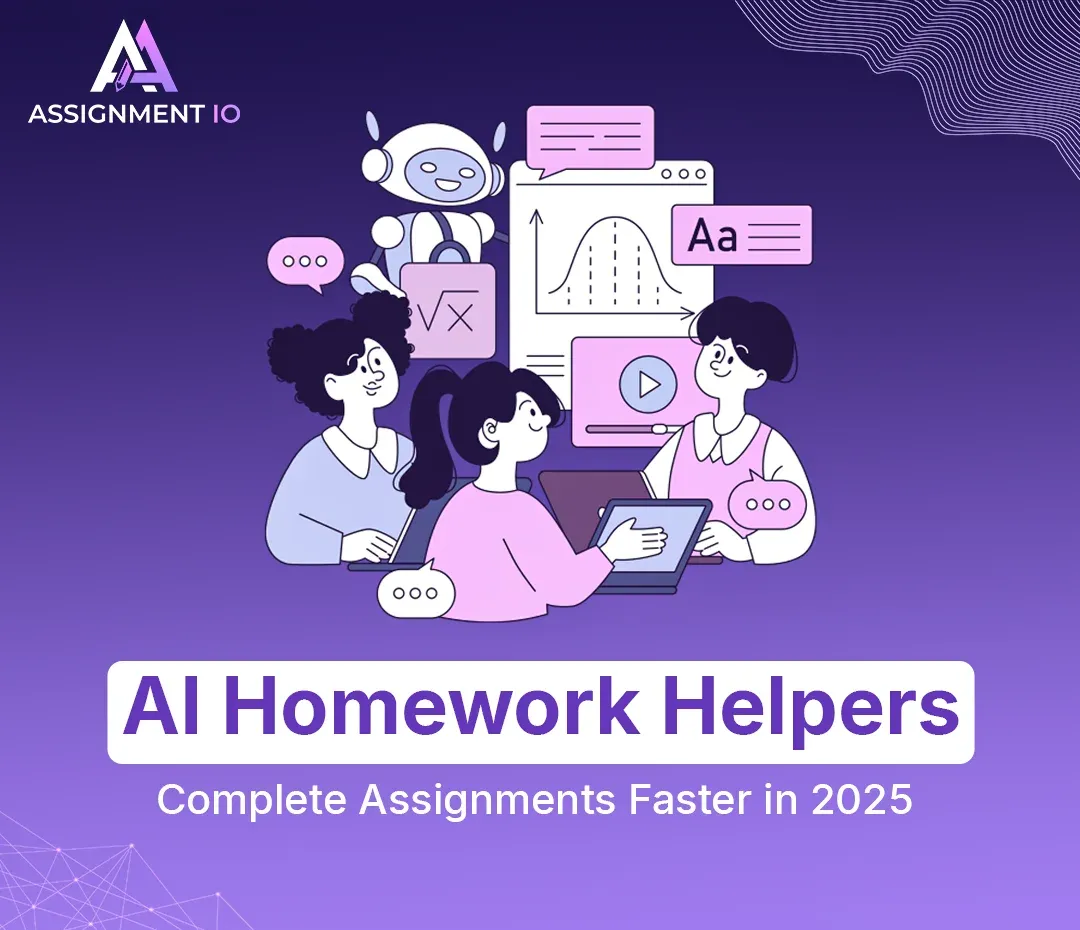
AI homework helpers streamline research, writing, and studying so students learn faster and complete assignments with less stress.

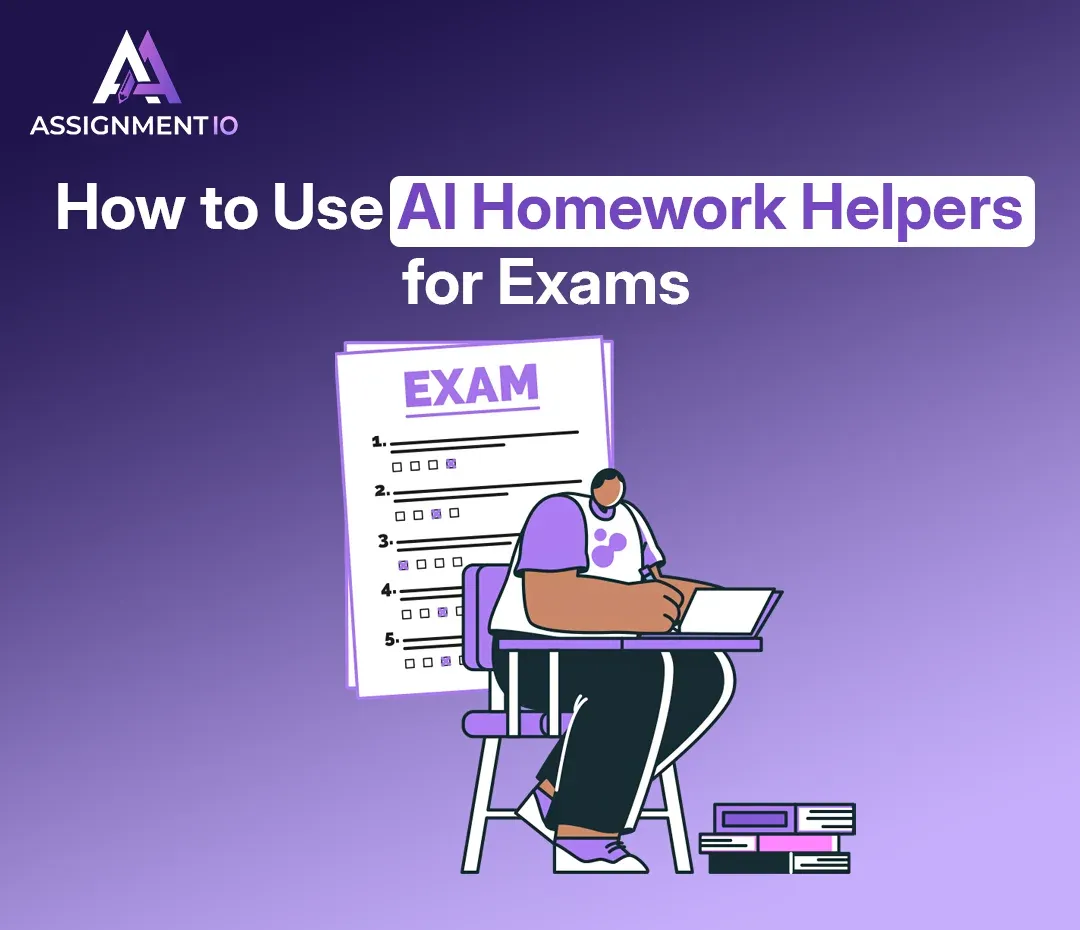
Master exams with superior scores and less study time. Step-by-step tips using ChatGPT, Khanmigo, Quizlet.

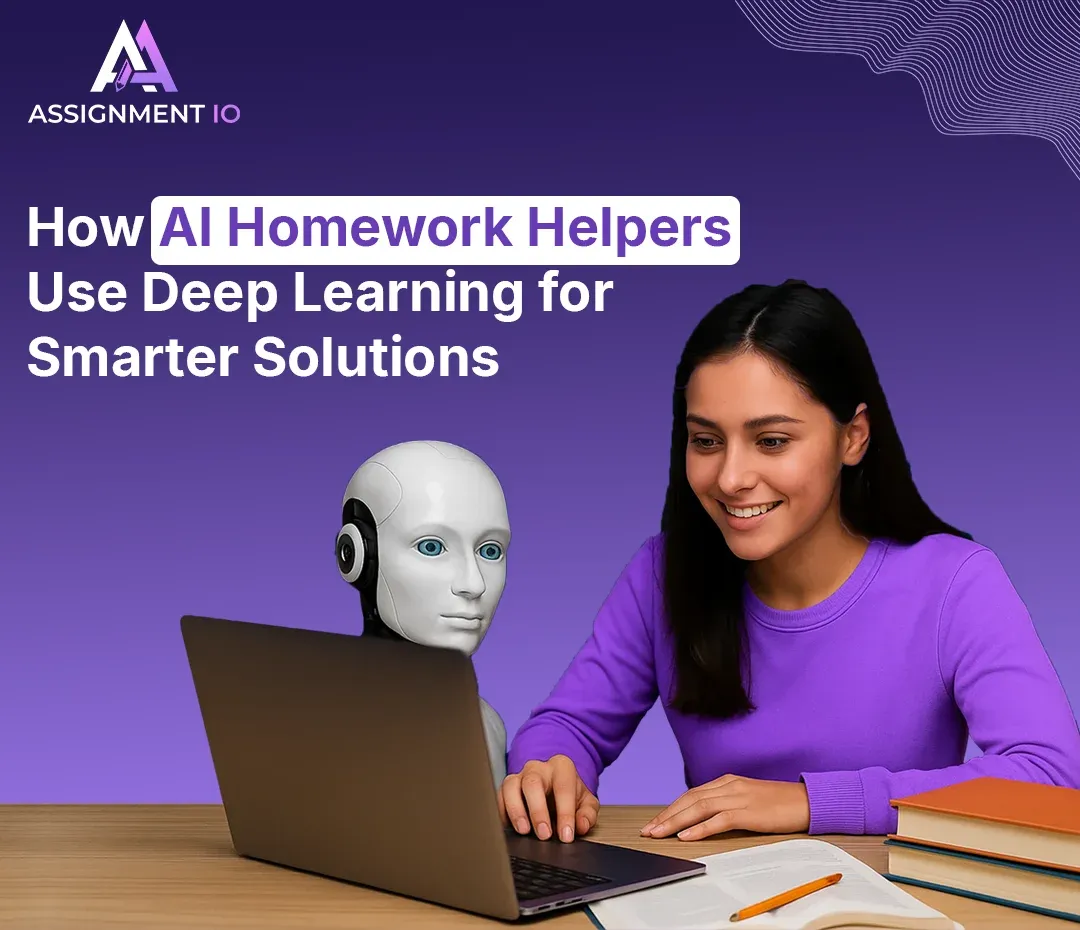
How deep learning makes AI homework helpers smarter, faster, and more personalized for students.

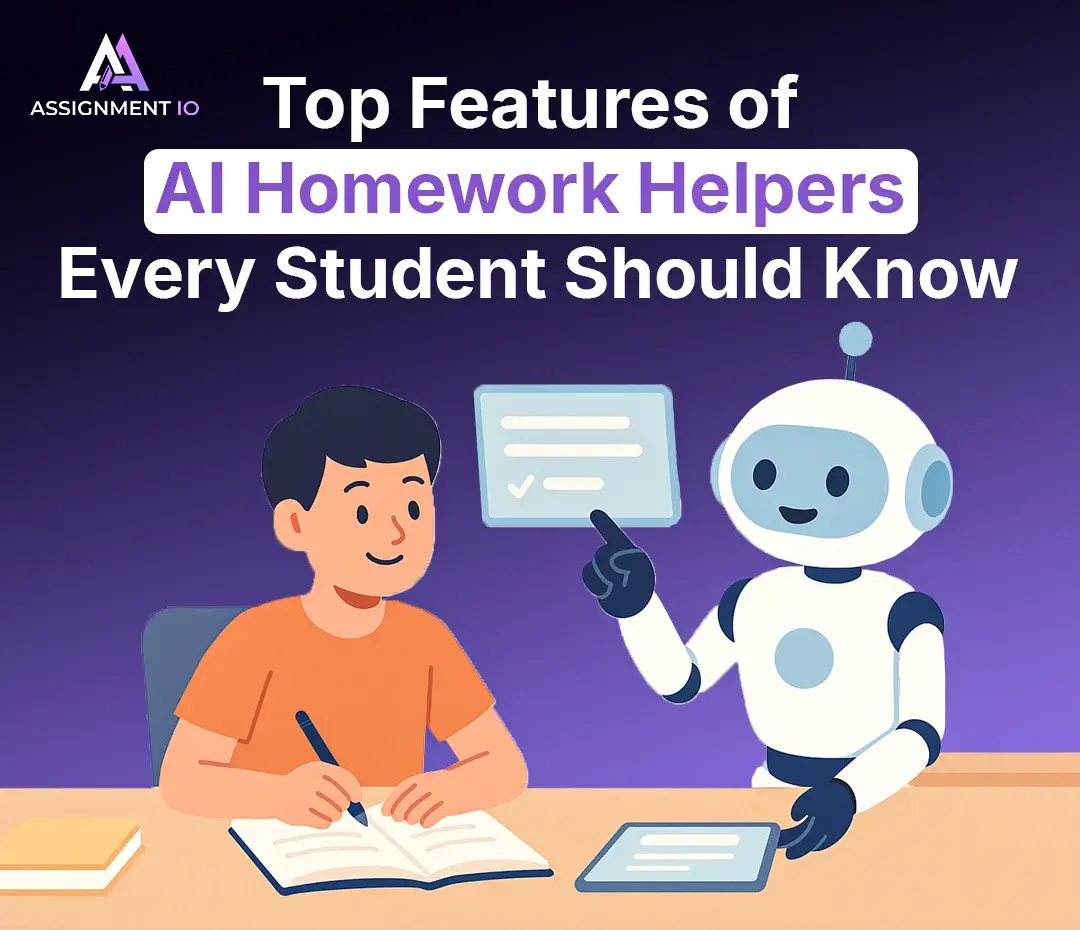
How AI homework helpers save time, boost learning, and provide personalized study support.

